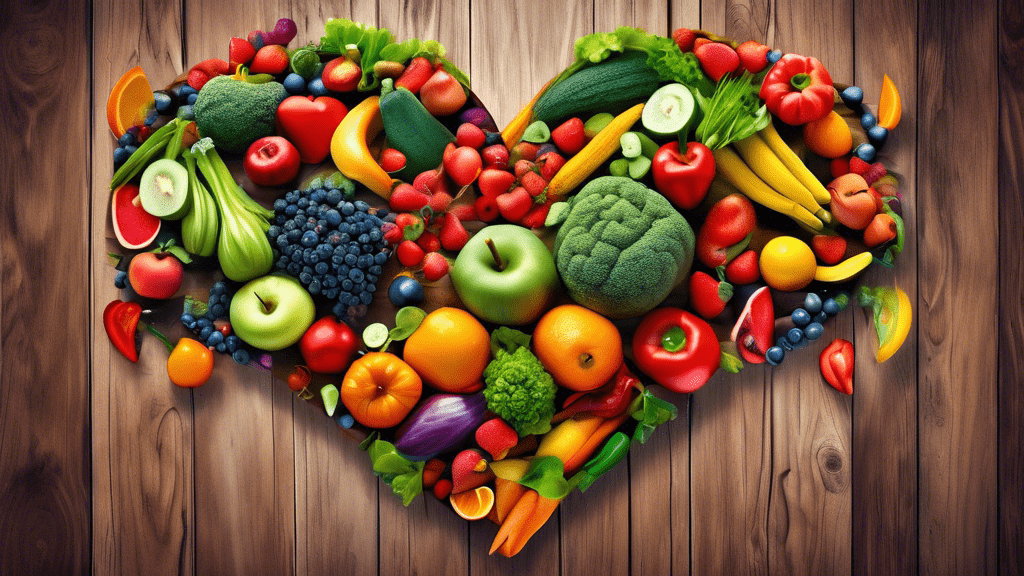Exploring the Advantages of an Organic Diet for Better Health

Exploring the Advantages of an Organic Diet for Better Health
In recent years, the call for cleaner, healthier, and more sustainable living has grown louder, with an organic diet often at the forefront of this movement. Switching to an organic diet is not just a lifestyle choice—it’s a commitment to better health, environmental sustainability, and supporting ethical farming practices. This article explores the myriad of benefits associated with an organic diet and why it might be the right choice for you.
What Makes Organic Different?
Organic food is produced without the use of synthetic pesticides, fertilizers, genetically modified organisms (GMOs), sewage sludge, or ionizing radiation. Animals raised on organic farms are given organic feed, have access to the outdoors, and are not treated with antibiotics or growth hormones. This method of farming supports ecological balance, conserves biodiversity, and enhances soil and water quality.
Health Benefits of an Organic Diet
The switch to an organic diet comes with numerous health benefits. Here are some key advantages:
- Reduced Exposure to Chemicals: Organic foods are free from harmful pesticides and chemicals, decreasing your body's toxic burden.
- Increased Nutrient Levels: Some studies have shown that organic produce can have higher levels of certain nutrients, including antioxidants.
- Better for Your Heart: The organic certification also includes strict animal welfare standards, meaning the animals are more likely to be healthier and therefore produce healthier meat and dairy.
- Antibiotic Resistance: Choosing organic meat reduces your exposure to antibiotics that could potentially lead to antibiotic-resistant bacteria.
Environmental Impact
Choosing an organic diet not only benefits you but also the planet. Organic farming practices are designed to reduce pollution and conserve water, increase soil fertility, and use less energy. Farming without pesticides is also better for nearby birds and animals as well as people who live close to farms.
Economic and Ethical Considerations
While organic foods can be more expensive, buying them supports local farmers and small businesses committed to sustainable practices and ethical treatment of animals. This not only helps small businesses thrive but also contributes to a healthier planet.
Takeaways
- Switching to an organic diet can significantly reduce your exposure to harmful pesticides and chemicals.
- Organic foods often have higher nutritional value compared to their non-organic counterparts.
- Adopting an organic lifestyle is beneficial for both personal health and the environment.
- Though often more costly, buying organic supports ethical farming practices and local economies.
Embracing an organic diet can seem like a daunting change, but the benefits to your health, the environment, and the local economy are palpable. Like any lifestyle change, it's a personal decision that requires consideration of your values, budget, and health needs.
For those eager to make the switch or looking for more information on navigating an organic lifestyle, don't hesitate to use our contact form for further assistance.
Something to consider
An organic diet is more than just a trend; it's a step towards a more sustainable and healthy way of living. Remember, every small change towards an organic lifestyle contributes to a larger impact on your health and our planet. Let's make choices that help us grow healthier and stronger, together.
#OrganicIsBest #CleanLiving #HealthyLifestyle
We publish a quarterly magazine available in IOS, Android and Web reader. Stories and articles curated from amazing people all around the world.






